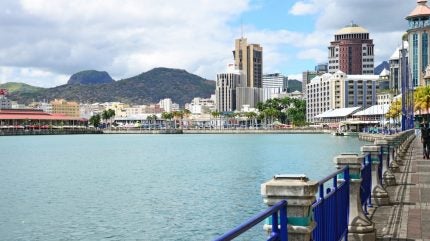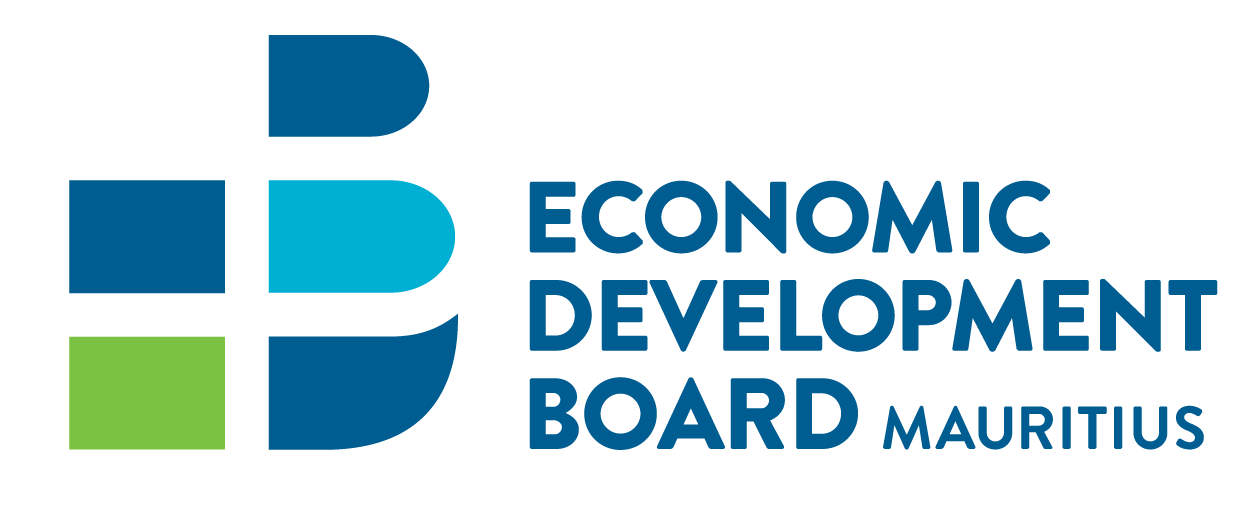
A business headquarters’ geographical position is paramount to ensure that it is close to opportunities whilst situated in a safe and stable domicile with low country or political risk. But for companies turning their attention to Africa’s expanding markets, the choice is limited.
Although countries are developing rapidly, many are not putting in place incentives and structures that motivate businesses wishing to relocate to nations on the continent. The list of impediments includes inconsistent policies, costs of capital compounded by inadequate infrastructure, regulatory frameworks, and investor protection. Add these to political instability and corruption, and enterprises are understandably hesitant about establishing their HQs in many Africa-based domiciles.
However, progress is being made, and in some countries, more favourable and business-friendly conditions are emerging, but few have the attributes and proposition that Mauritius provides to companies looking to headquarter safely and access African markets.
Why Mauritius?
With more than three decades’ track record in cross-border investment and finance, Mauritius offers a well-regulated and transparent hub for international companies to host their headquarters or treasury function. Part of “The Golden Triangle”, it sits on Africa’s doorstep in a strategic location, linking to the Middle East, Asia, and Africa.
Mauritius also possesses a modern infrastructure with fixed and mobile telephone networks, a well-developed physical infrastructure, business and industrial parks, EPZ and Freeport Zone, and global accessibility through its international airport. It maintains a connection with more than 35 ports across the world, a modern container terminal, and is first in Africa for fibre network, and has high bandwidth connectivity with Europe, Asia, and Africa.
On top of this, it offers political and economic stability unparalleled compared to its African neighbours and offers a well-regulated financial services centre within a market-driven economy which encourages free enterprise and foreign investment, backed up with an efficient banking system.
Mauritius’ legal system is hybrid – based on French and British law – with solid foundations, developed since 1968. It follows international initiatives to combat money laundering and terrorism funding, with several laws to protect IP, such as The Copyright Act 1997, The Patents, Industrial Designs and Trademarks Act 2002, and The Protection Against Unfair Practices (Industrial Property Rights) Act 2002.
Home to one of Africa’s leading and most innovative exchanges, it provides an attractive listing, trading, and capital-raising platform and well-developed networks with cultural links to Africa, India, China, France, and the United Kingdom.
On a trade basis, it has preferential trade links with USA via the African Growth and Opportunity Act (AGOA), Europe, India and Africa and is a member of the World Trade Organisation (WTO) along with Southern African Development Community (SADC), Common Market for Eastern and Southern Africa (COMESA), Indian Ocean Rim Association for Regional Cooperation (IOR-ARC) and has an economic partnership agreement (EPA) with the EU.
Mauritius adheres to 40 out of 40 of the Financial Action Task Force (FATF) recommendations and is Compliant with EU Tax Good Governance Principles by the Economic and Financial Affairs Council of the EU, as well as party to the Multilateral Convention on Mutual Administrative Assistance in Tax Matters & currently has an exchange information mechanism with around 140 jurisdictions. It is also signed up to double taxation avoidance agreements (DTAAs) and Investment Promotion and Protection Agreements (IPPAs)[i].
Another attraction is the quality of life – Mauritius is one of the world’s most sought-after and exotic destinations, with a rich cultural, historical, and architectural heritage, and the emphasis on education is displayed by the number of Mauritius-based international educational institutions.
Corporate advantage
In Mauritius, a company can be incorporated in one day with no minimum capital requirement and 100% foreign ownership. Moreover, it has no foreign exchange controls with a progressive income tax scale of 0-20% and a flat 15% tax on corporate income with 80%/95% (CIS) partial exemption on qualifying incomes. Its taxation system includes no capital gains tax, dividend and interest withholding tax, or share transfer tax with free repatriation of profits, dividends, and capital. On a personal finance level, there is no estate duty, inheritance, or wealth tax.
The Global Headquarters Administration Licence is provided to a holding company, incorporated in Mauritius and part of a well-established international group, with a good reputation in its field of business and industry. The business should provide at least three headquarter services to three or more related entities, including but not limited to the following:
- Administration and general management
- Business planning and development, and coordination
- Economic or investment research and analysis, and
- Services related to international corporate headquarters in Mauritius, and
- Other headquarters administration services, as may be specified by the Financial Services Commission (FSC).
Any entity holding the Global Headquarters Administration licence, as issued by the FSC[ii], is eligible for a tax holiday of eight years on its corporate income and is covered under Part III Second Schedule of the Financial Services Act 2007 and Income Tax Act 1995.
The Global Treasury Activities Licence is another scheme that is available to companies and is issued on condition that at least three of the following services are being provided to three or more related entities:
- Arrangement for credit facilities, including credit facilities with funds obtained from financial institutions in Mauritius or from surpluses of network companies
- Arrangement for derivatives
- Corporate finance advisory
- Credit administration and control
- Factoring, forfeiting, and re-invoicing activities
- Guarantees, performance bonds, standby letters of credit, and services relating to remittances
- Management of funds for designated investments, and
- Other global treasury activity as may be specified in FSC rules.
The holder of the FSC licence benefits from five years’ tax exemption on the income it derives from providing such treasury services to its related companies. It is covered by Part II, Second Schedule of the Financial Services Act 2007 and the Income Tax Act 1995.
The licensing and related costs are set out below:
Licensing
| Licence type | MINIMUM EMPLOYMENT | OTHER REQUIREMENTS |
| Global Headquarters Administration Licence | A minimum of ten full-time professional residents of which at least two at senior managerial positions | Annual Operating Expenditure of MUR 5 million, and physical office in Mauritius |
| Global Treasury Activities Licence | A minimum of four full-time professional residents of which at least one at senior managerial position | Annual Operating Expenditure of MUR 2 million; and physical office in Mauritius |
Cost implications
| Licence type | Processing Fees | Annual Fees |
| Global Headquarters Administration Licence | MUR 30,000 (USD 1,000) | MUR 75,000 (USD 2,500) |
| Global Treasury Activities Licence | MUR 30,000 (USD 1,000) | MUR 75,000 (USD 2,500) |
A gateway to growth
Although development tends to lag growth, there are many countries in Africa competing to provide better business locations for companies and their treasury function, which are rapidly moving up the curve. But Mauritius is already there and can provide a business-friendly haven for companies that want to be close to the dynamic markets of Africa.
[i] Mauritius: Double Taxation Avoidance Agreements
[ii] The FSC is the integrated regulator for non-banking financial services in Mauritius


